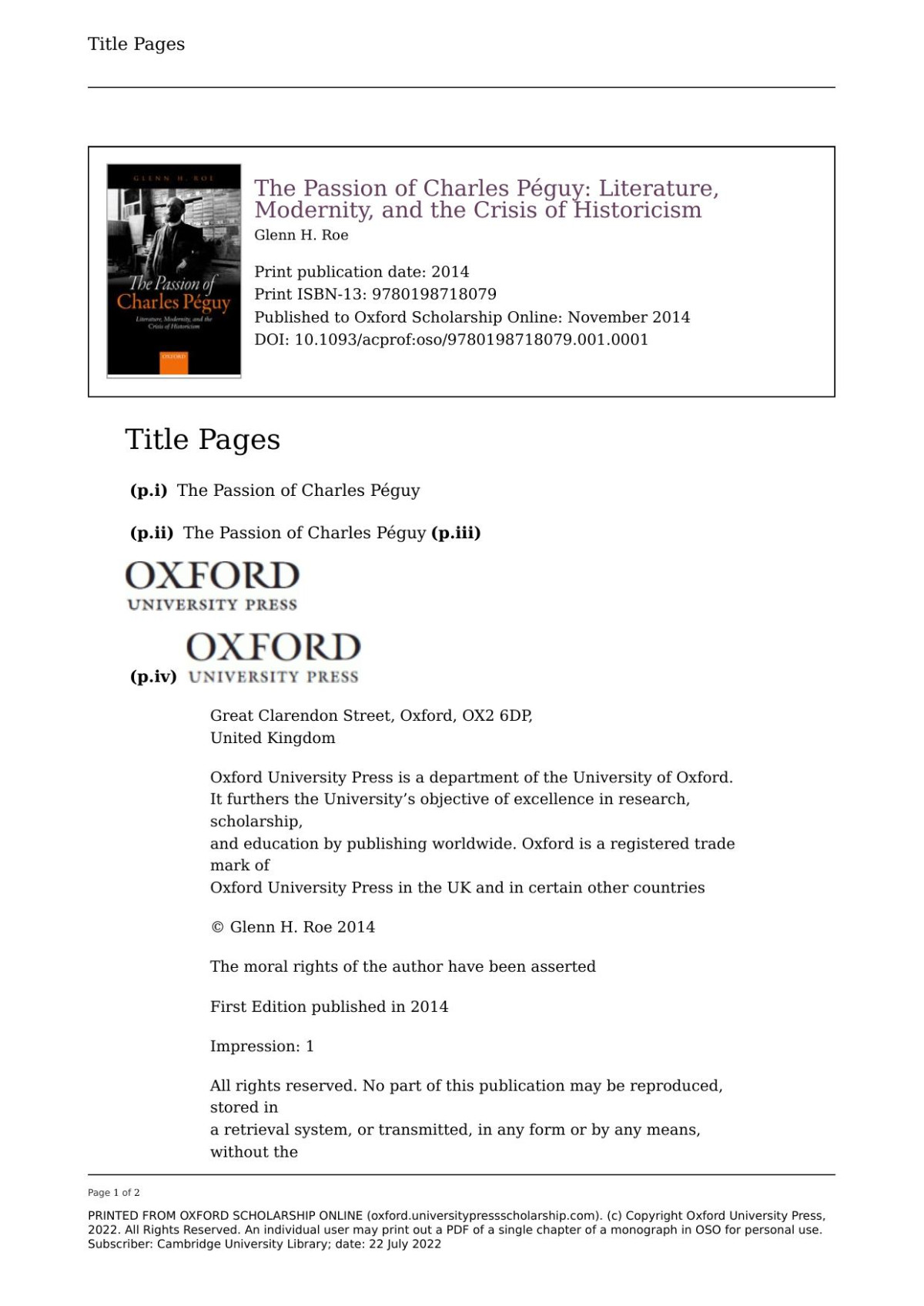

Most ebook files are in PDF format, so you can easily read them using various software such as Foxit Reader or directly on the Google Chrome browser.
Some ebook files are released by publishers in other formats such as .awz, .mobi, .epub, .fb2, etc. You may need to install specific software to read these formats on mobile/PC, such as Calibre.
Please read the tutorial at this link: https://ebookbell.com/faq
We offer FREE conversion to the popular formats you request; however, this may take some time. Therefore, right after payment, please email us, and we will try to provide the service as quickly as possible.
For some exceptional file formats or broken links (if any), please refrain from opening any disputes. Instead, email us first, and we will try to assist within a maximum of 6 hours.
EbookBell Team

4.1
60 reviewsNOT TRUE PDF, CONVERTED PROBABLY FROM EPUB
In many ways, the development of twentieth-century literary criticism and theory can be seen as a prolonged struggle against the pervading influence of nineteenth-century positivist historicism. Anglo-American New Criticism and later French post-structuralism and deconstruction are the best-known instances of this conflict. Less widely known but no less important to contemporary literary studies are Charles Péguy’s earlier debates with French academic historicism in the years leading up to World War I. First examined by Antoine Compagnon in his groundbreaking work La Troisième République des lettres in 1983, it is a period in French literary and cultural history that remains, some thirty years later, largely untreated in English. This book thus addresses an important, albeit relatively unexplored, moment in the development of twentieth-century literary history and theory. By way of Péguy’s foundational polemics with modernity and his role in the related ‘crisis of historicism’, we gain a better understanding of the critical basis from which similar anti-positivist and anti-historicist critiques were later enacted on both sides of the Atlantic. In situating Péguy’s passions and polemics within the larger cultural and historical context, this book invites us to reconsider and re-evaluate his place among twentieth-century literary figures. Beyond its literary-critical aspects, the book aims at providing students and scholars of intellectual history with a general view of early twentieth-century debates related to the role of literary studies in modern society, the reform of the French educational system, and the formation of literary history as an academic discipline in both France and abroad.